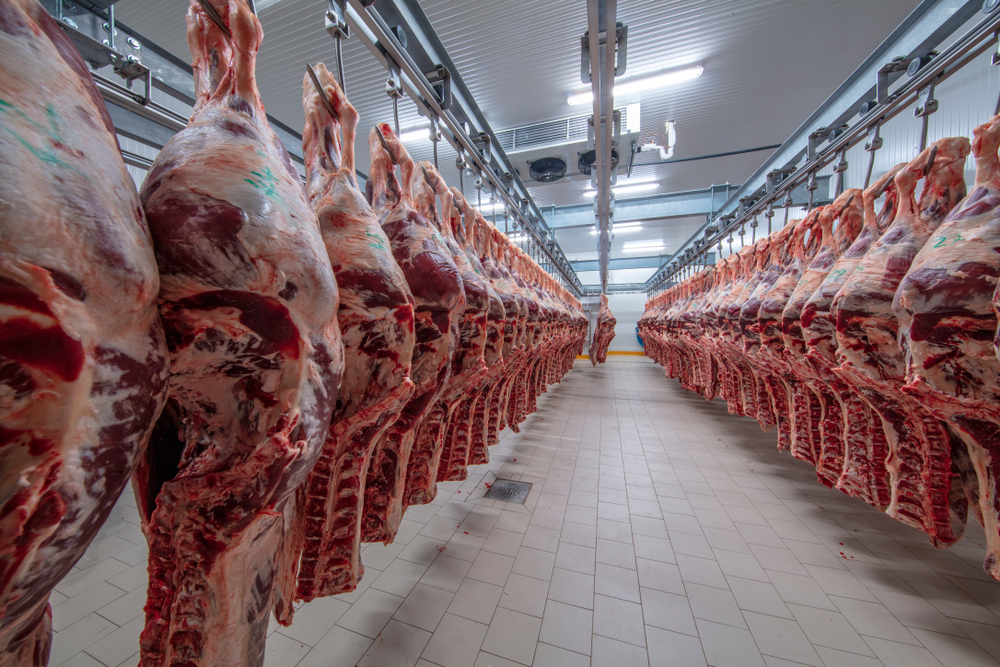In the global food industry, catering to diverse dietary requirements and cultural preferences is not just a matter of choice but a fundamental aspect of ethical and responsible business practices.
For Muslim consumers, adherence to halal dietary guidelines is not only a religious obligation but also a deeply ingrained cultural tradition. As such, ensuring the integrity of halal food identification in food manufacturing is paramount.
The significance
Halal, which translates to “permissible” in Arabic, encompasses not only the absence of prohibited substances such as pork and alcohol, but also adherence to specific slaughtering and processing practices prescribed by Islamic law.
For Muslim consumers, the assurance that the food they consume is halal is of utmost importance, as it reflects their religious beliefs and values.
According to recent data from the Pew Research Center, the Muslim population in the UK is growing steadily and is expected to continue increasing.
Muslims make up around 6.5% of the total UK population, with estimates projecting this figure to rise in the coming years. This demographic represents a significant market for halal food products within the UK.
With the increasing demand for halal products among Muslim consumers in the UK, the market for halal food has witnessed substantial growth.
In fact, in 2016 expenditure on halal food products in the UK was estimated to surpass £4.5 billion. This underscores the importance of accurate halal food identification and certification within the UK food industry to cater to the needs and preferences of Muslim consumers.
Challenges in halal food identification
Despite the growing demand for halal products, ensuring their authenticity and integrity presents challenges for food manufacturers. In many cases, mislabeling or misrepresentation of halal status can occur due to:
– Cross-contamination: risk of inadvertent contact with non-halal substances during processing or packaging.
– Lack of standardisation: varying interpretations and standards of halal certification across regions and certifying bodies.
– Fraudulent practices: instances of deliberate mislabeling or falsification of halal status for economic gain.
A study conducted by the Halal Food Authority (HFA) revealed that up to 40% of halal products in the UK market may not meet halal standards due to issues such as cross-contamination or questionable certification.

Consequences of inaccurate halal food identification
The consequences of inaccurately identified or misrepresented halal food can be far-reaching, impacting not only consumer trust but also legal compliance and reputational integrity for food manufacturers.
In addition to potential economic losses and legal liabilities, the mislabeling of halal products can erode consumer confidence and tarnish brand reputation.
Moreover, for Muslim consumers, the consumption of non-halal food due to misidentification can have profound religious implications, leading to feelings of betrayal and mistrust toward the food industry.
As such, accurate halal food identification is not just a matter of compliance but a moral imperative for fostering trust and respect within diverse communities.
Addressing the need for reliable halal food identification
In response to the challenges posed by halal food identification, food manufacturers must prioritise transparency, traceability, and adherence to stringent halal certification standards. This includes:
– Collaboration with accredited certifying bodies: by partnering with recognised halal certification agencies to ensure compliance with established halal standards and guidelines.
– Implementation of robust traceability systems: utilising advanced traceability technologies to track the halal status of ingredients and products throughout the supply chain.
– Continuous monitoring and auditing: regular inspections and audits to verify halal compliance and address any potential deviations or lapses.
By embracing these measures, food manufacturers can uphold the integrity of halal food identification, meet the expectations of Muslim consumers, and contribute to a more inclusive and respectful food industry landscape.
Accurate identification of halal food is not just a market opportunity but a moral obligation for food manufacturers.
As the demand for halal products continues to rise globally, ensuring the integrity and authenticity of halal food identification is essential for fostering trust, meeting regulatory requirements, and upholding the values of diversity and inclusivity.
If you need any further information on halal food safety and identification, please contact Complete Food Safety directly.

